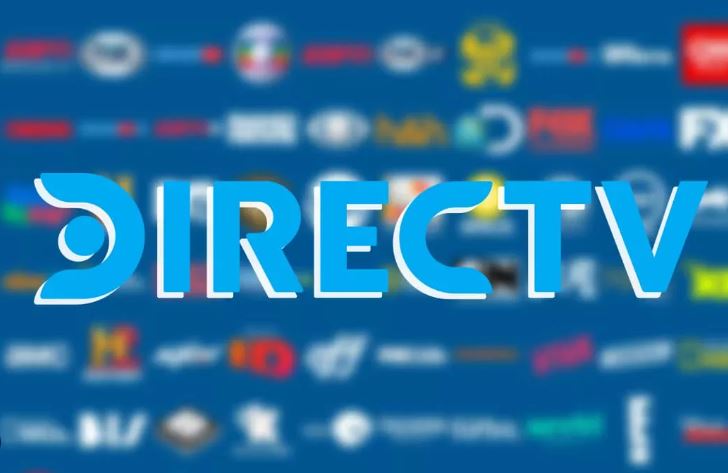
Exploring the Gig Economy: Opportunities and Challenges
Welcome to the gig economy, where traditional 9-5 jobs are being replaced by short-term contracts or freelance work. This modern work revolution offers both opportunities and challenges for workers and businesses alike.
Opportunities in the Gig Economy
1. Flexibility: One of the biggest advantages of the gig economy is the flexibility it offers. Workers can choose when and where they work, allowing for a better work-life balance.
2. Diverse Income Streams: Gig workers have the opportunity to diversify their income streams by taking on multiple gigs or projects simultaneously.
3. Skill Development: Freelancing allows individuals to work on a variety of projects, helping them develop new skills and gain valuable experience.
Challenges in the Gig Economy
1. Job Insecurity: Gig workers often face job insecurity as they are not guaranteed a steady stream of work or income.
2. Lack of Benefits: Freelancers typically do not receive benefits such as health insurance, paid time off, or retirement plans.
3. Work-Life Balance: While the gig economy offers flexibility, it can also blur the lines between work and personal life, leading to burnout.
The Future of Work
As the gig economy continues to grow, it is important for policymakers and businesses to address the challenges faced by gig workers. Finding solutions to issues such as job security and benefits will be crucial in ensuring a sustainable and fair future of work for all.
Conclusion
The gig economy presents exciting opportunities for workers to take control of their careers and explore new ways of working. However, it also comes with its own set of challenges that must be addressed to create a more inclusive and sustainable work environment.
What on earth is artwork design and style record along with beginning




